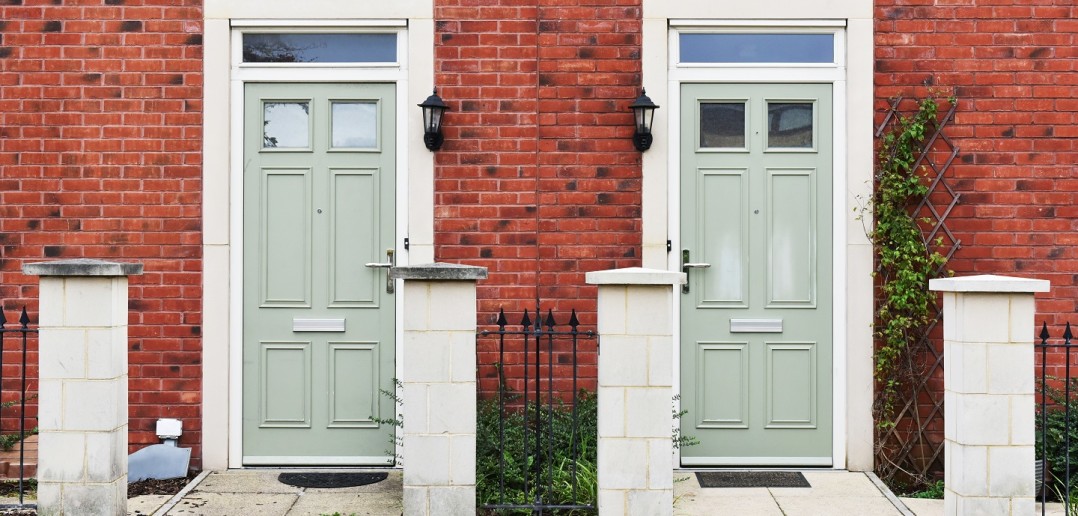A few months ago I wrote about Airbnb’s impact on the hotel industry. It appears that hotels aren’t the only big players taking notice. Some new participants have entered the conversation on short term rentals, they include: developers, apartment owners and local governments & HOAs (home owner associations).
As mentioned in the previous article, while using residential and multi-family properties for vacation rentals is nothing new, the rising trend of using one’s home as a de-facto hotel is starting to become a game changer that could have long term implications on the multi-family and residential real estate markets. It is part of the sharing economy trend and greater ability to utilize all assets through internet based monitoring and connecting all potential owners and users.
DEVELOPERS ARE BUILDING SPECIFICALLY FOR THIS PURPOSE
The Wall Street Journal took notice at a recent developers conference in Las Vegas. They reported that one Las Vegas developer presented its vision for the “New American Home” contest category that included non-traditional living arrangements to help ease families’ financial burdens. In addition, Pardee Homes, a TRI Pointe company, showed off their new home model, which was “designed to cater to the tastes of younger home buyers priced in the mid-$300,000 range.” Their model has two guest suites, both designed specifically to be rented out on sites such as AirBNB. The model included separate entrances and a small kitchenette and can accommodate a single person or couple in need of a roommate, short or long term. Such approaches presume no problems with HOAs, organizations that nearly all oppose rentals mixed into their communities and often pass rules against AirBNB type arrangements.
TRI Pointe used an in-house survey to justify their new product, which indicated that 35% want to be able to rent out space in their homes at least part-time. “A lot of their motivation for doing that is to make the financial step of buying their home more doable,” said Linda Mamet, vice president of corporate marketing at TRI Pointe.
The Wall Street Journal concluded that overall it appeared “most of the home builders believe we are seeing growing demand for properties designed to be shared with family members or roommates or even rented out to tourists.”
MAJOR APARTMENT COMPANIES ARE COMING TO THE TABLE
On the management side, Equity Residential, AvalonBay Communities and Camden Property Trust, three of the biggest apartment owners in the United States, started having discussions with Airbnb about ways to work together according to executives at each of the companies. Between the three companies, they own almost 300,000 units in the US. Taking note of the revenues their tenants are making (often without permission), they all said they are interested in pursuing a revenue-sharing model with AirBNB but would need to work out details. “You just can’t turn your head or keep your head in the sand over what’s going on,” said David Santee, Equity Residential’s chief operating officer. A potential deal is “just a way to figure out how can everybody coexist, bring transparency and figure out a way that everybody can win.” Mr. Santee, of Equity Residential, went on to say they wouldn’t let units be converted into full-time hotel rooms.
LOCAL GOVERNMENT
However, it’s not just private sector deciding how to live in this new economic reality, local government has their concerns too, and won’t lose sight of their chunk of the pie. Currently battles have been heating up all over the world, with San Francisco’s Proposition F becoming the center of the battle. The measure calls for limiting the number of nights a home can be rented, requiring data reporting to the City, banning “in-law units” and even giving neighbors the right to sue each other. AirBNB is reported to have spent over 8 million dollars defeating the measure. In other jurisdictions, authorities are less concerned with squashing the home-sharing service and more concerned with taking in their chunk of revenue. Several major cities including San Diego, have arrangements with AirBNB to collect their appropriate “tourism bed” tax to remit to the city, with these numbers already in the millions for some cities. Other cities are focused on their already low supplies of housing stock and how AirBNB may be exacerbating the problem. Ivan Chepizhko concludes, “These digital-era start-ups have set in motion profound changes to society by allowing consumers to deal directly with each other. However, beware of backlash as lawmakers and other property industry players around the world mount the revolt, and it will surely include taxation, legislation and restrictions on these new tools to make money in a world that hasn’t yet recovered from the financial crisis.
CONCLUSION
These new sharing economy developments that help solve the housing affordability problem indicate a serious change in the way people are looking at their property. Valuations will be impacted especially in popular tourist cities, if they are not handcuffed by local governments and HOAs. AirBNB started by offering cheap lodging and a few extra bucks to homeowners. That has now swelled to a $25 Billion dollar company valuation, and everyone wants a chunk of that pie. In some cities values will likely increas



